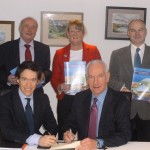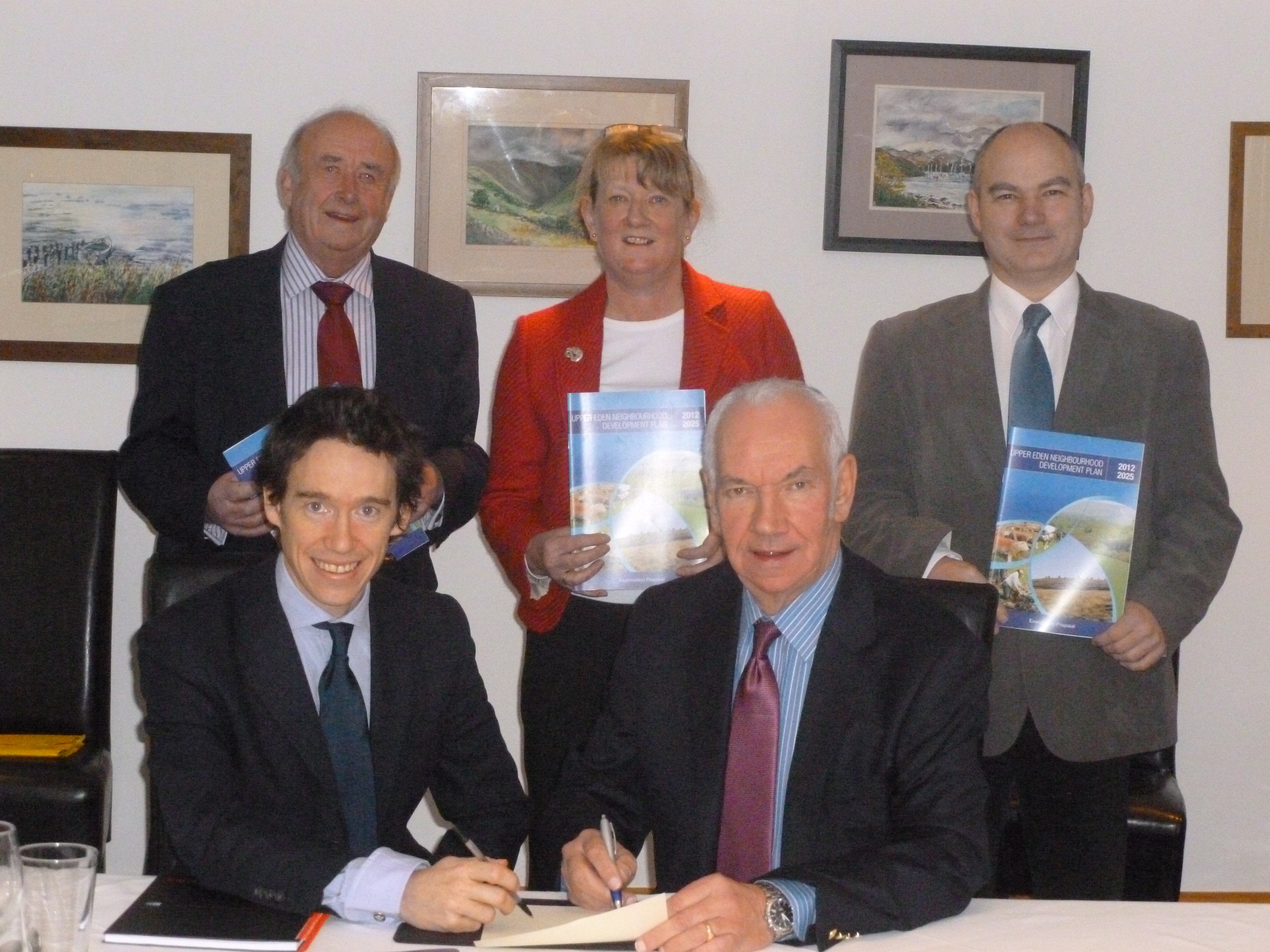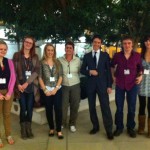Rory is warning residents of Penrith and the Border to check they are giving to a registered charity when approached for donations this Winter. According to an independent ICM poll commissioned by the Charity Commission and the Fundraising Standards Board (FRSB), 2 in 5 adults across the UK do not make any checks when approached by a collector for a charitable donation.
Christmas is a traditional time for giving and charities work hard to raise money during this time to fund their work. Almost half (44%) of donors give directly to charity at Christmas time, giving an average of around £46 to the good causes they care about. 81% of those who give at Christmas stated they will be donating similar amounts this year as they did in 2011.
Almost all collections are genuine, but some people will try to abuse the generosity of others
for their own gain. With some charities having experienced fraud, it is vital that the public know
that their donations are going to the right place. The Charity Commission, the independent
regulator of charities in England and Wales, and Fundraising Standards Board (FRSB), the
self-regulatory body for UK fundraising, have come together to highlight the risk of
fraud to donors and charities alike, and to issue their tips for giving confidently this Christmas.
Speaking on the matter Rory Stewart said:
“Cumbrian communities are perhaps some of the most altruistic in the UK, with the vast majority of residents involved in volunteer or community work. I would hate to think that anyone was donating their own money to a fraudulent charity that was preying on our generous nature, and perhaps creating a culture where people feel less inclined to donate money to good causes in the future. I therefore urge everyone to follow the guidance set out by the Charity Commission for the Christmas period.
Sam Younger, Chief Executive of the Charity Commission, the independent regulator of charities in England and Wales, says:
“Whilst it is encouraging to see many people do take steps to check whether a charity is registered
before giving, this poll shows there is still much to be done to raise awareness of charity fraud to
donors and charities. It only takes a few minutes to check for a registered charity number and for the
FRSB tick, but these are vital steps in ensuring your money goes to the right place. In a
tough economic climate it is heartening to see that 81% of Christmas donors will continue to
give similar amounts this year as they did last Christmas, and the Charity Commission continues
to work hard to maintain the public’s trust in charities, and raise awareness of fraudulent
activities.”
Follow these tips to avoid charity scams this Christmas:
1. Before giving, check the charity’s name and registration number. You can verify this at the Charity Commission’s website at www.charitycommission.gov.uk.
2. When approached by collectors, check whether they are wearing a proper ID badge and that any collection tin is sealed.
3. If in doubt, ask the collector for more information – a genuine fundraiser should be happy to answer questions and explain more about the work of the charity.
4. Genuine fundraising materials should feature the charity’s name, registered name and a landline contact number. Be wary of those that list only a mobile number.
5. Look for the FRSB tick logo indicating that the charity is signed up to fundraising regulation, encouraging you to give with confidence. www.givewithconfidence.org.uk
6. To check whether a fundraiser is authorised to collect money in a public place, contact your local authority or, if in London, the police. If it is a private place, check with the owner.
7. Take care when responding to emails or clicking links to a charity’s website to ensure that they are genuine. Instead, search online for your favourite charity to check you have the right web
address.
8. Carefully review collection bags for clothing and household goods to ascertain whether they are from a genuine charity.
9. After making these checks, if you think that a collection or appeal is not legitimate, report it to Action Fraud on 0300 123 2040 and inform the Charity Commission.
10. If in any doubt, contact your favoured charity direct to make a donation.
Alistair McLean, Chief Executive of the Fundraising Standards Board –
the charity fundraising regulator across the UK, says:
“More and more public complaints reported to us at the FRSB question the legitimacy of fundraising appeals. Where charity fraud occurs, it not only diverts much-needed funds from the nation’s charities, but it comes at an even greater cost of damaging public trust and future giving.”
“Although charity fraud remains rare, it is essential that we all do what we can to make it increasingly difficult for criminals to cheat charities and their supporters in this way. And that simply means being aware and, if in doubt, making a few checks to ensure your money ends up where you want it to be. Above all, don’t stop giving. Charities need your support now more than ever.”















